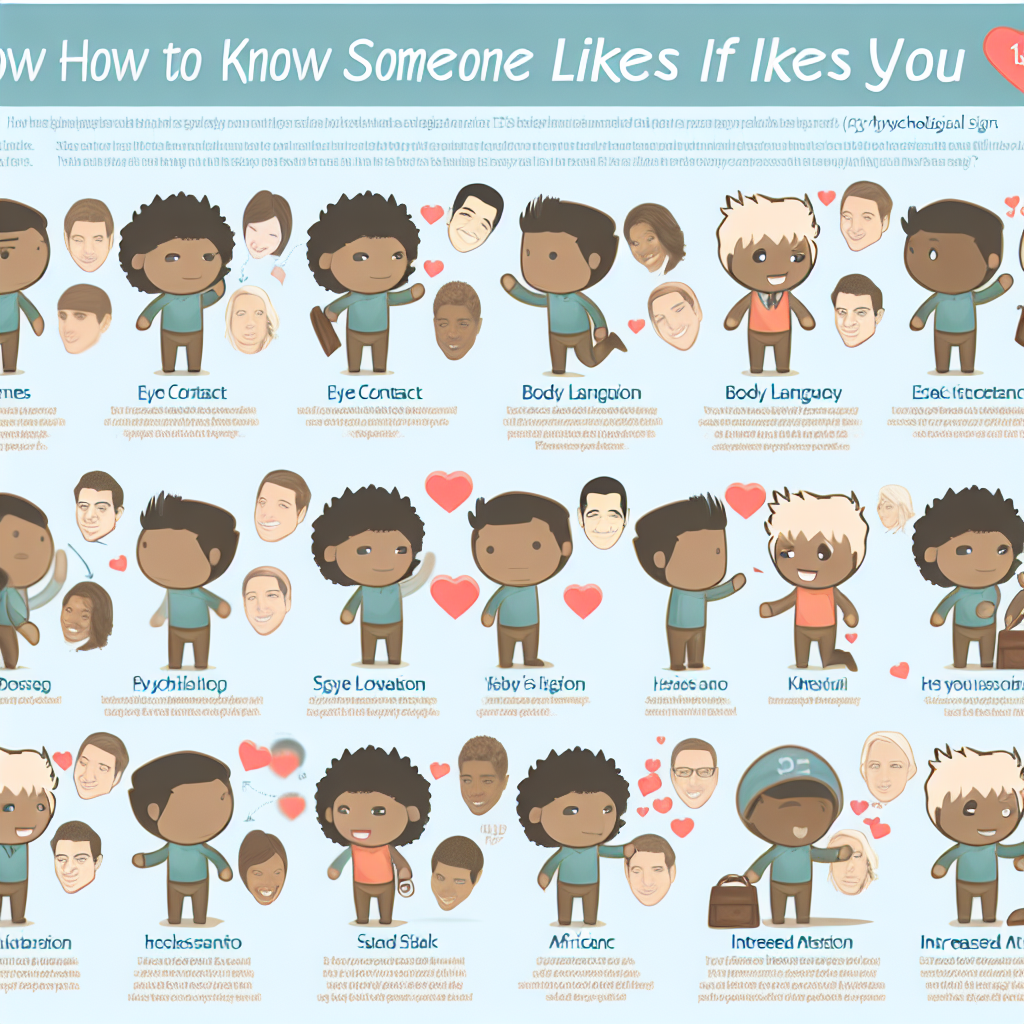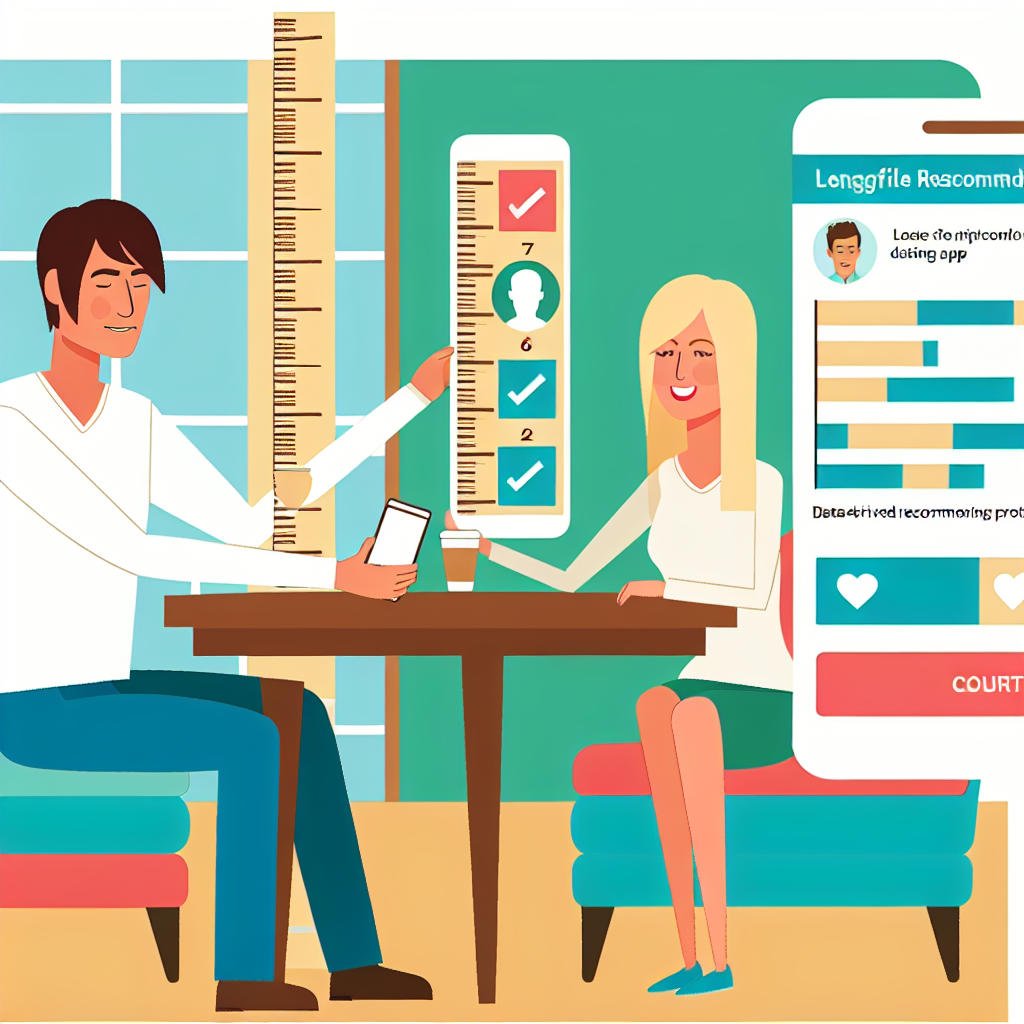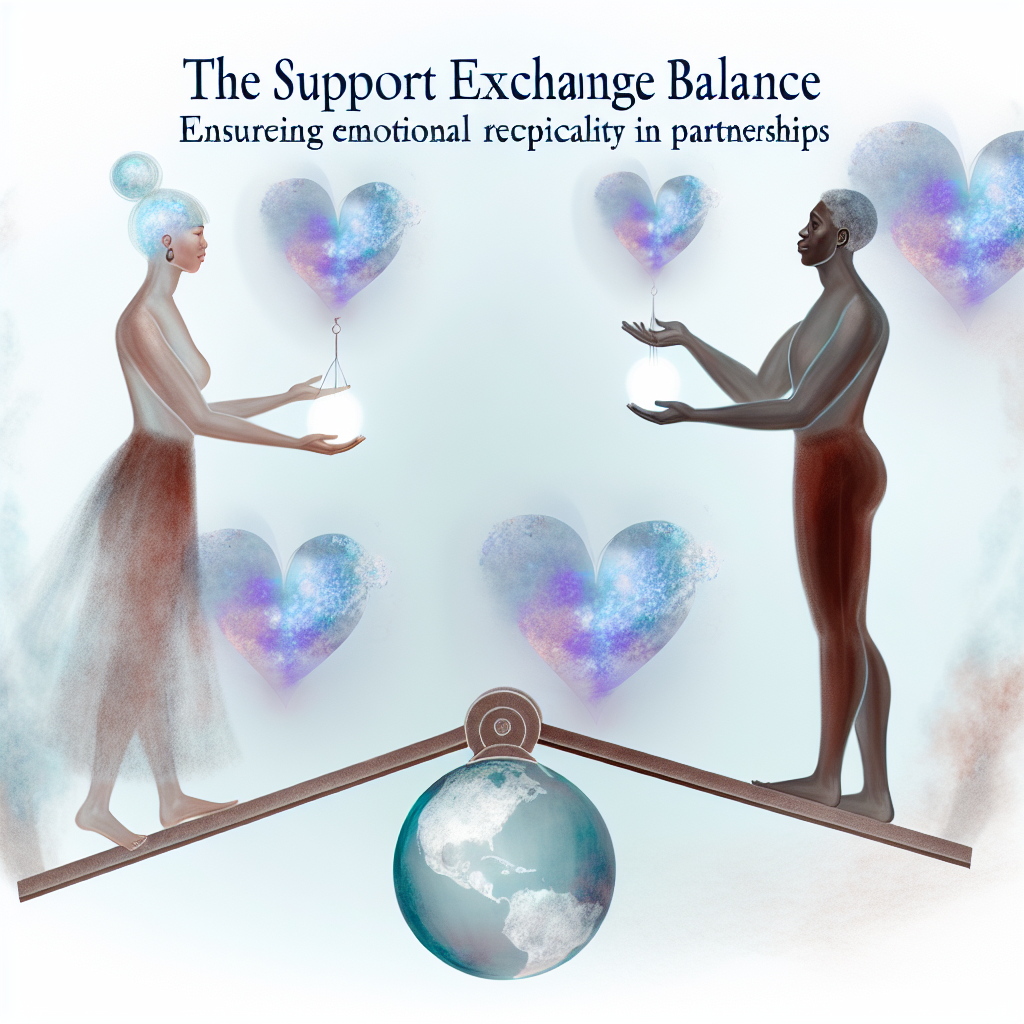How to Know If Someone Likes You: 15 Psychological Signs Backed by Science
In the intricate dance of human interaction, few questions perplex singles more than figuring out whether someone genuinely likes them. For singles navigating the dating world—whether new to the scene or getting back in the game after years—spotting signs of romantic interest can feel like deciphering a secret code. From flirty glances to subtle text messages, knowing whether someone sees you as more than a friend is crucial. Yet, because people express interest differently, relying on instinct alone often leads to confusion or false hope.
Especially in an age where digital communication blurs the lines between friendly and flirty, understanding the nonverbal and subconscious cues of attraction can empower you to read signals more accurately. Fortunately, psychology gives us powerful tools to decode these often-hidden messages. Across ages, genders, and cultures, many behaviors associated with romantic interest are universally driven by innate human need for connection. Whether you’re 18 or in your 80s, these signals transcend generation gaps and communicate desires more clearly than words ever could.
Dating experts and psychologists agree that being aware of specific signs can make dating more successful and emotionally rewarding. After all, knowing when someone is genuinely into you lets you invest your time and emotions wisely, avoid heartbreak, and build more meaningful relationships. The 15 psychological signs covered in this article are grounded in body language analysis, behavioral research, and interpersonal attraction studies.
If you’ve ever asked yourself, “Are they flirting or just being nice?” or “Why do they always remember the details I share?”, this guide is for you. Whether you’re meeting people in person or on dating apps, understanding these psychological cues will help you navigate the sometimes unclear waters of romantic interest. Let’s explore the subtle, yet powerful behaviors that reveal when someone truly likes you.
The Science Behind Attraction: What Psychology Tells Us
Scientific studies and psychological theories shed light on how humans show attraction, consciously or unconsciously. According to Dr. Albert Mehrabian, 93% of communication is nonverbal—55% through body language and 38% through tone of voice. This means only 7% of our expression is communicated by words alone. Signs like leaning in during conversation, maintaining eye contact, and mirroring your actions can be indicators of interest—each rooted in unconscious emotional reactions.
A study published in the Journal of Nonverbal Behavior (2001) by Moore and Butler found that individuals who are romantically interested in someone often display increased physical proximity, open posture, and frequent smiles. These nonverbal behaviors signal comfort, attention, and genuine connectivity. Often, the body reveals what the mind tries to suppress.
Another relevant concept is the “reciprocal liking” phenomenon. According to research by Aron et al. (1989), people are more likely to be attracted to someone when they believe that the person likes them in return. This creates a feedback loop, where both individuals become increasingly interested in each other simply because of perceived mutual interest.
Hormonal influences also play a crucial role. Oxytocin, known as the “bonding hormone,” is released during eye contact and touch—enhancing feelings of trust and closeness. According to neuroscientific research from the Kinsey Institute, even brief touch can trigger the brain’s reward pathways and establish a connection that feels deeply personal.
Whether it’s eye direction, unconscious mimicry, or changes in vocal pitch, psychology provides a clear framework to understand the behavioral patterns of attraction. Dating shouldn’t just rely on hopeful assumptions—scientific knowledge can offer singles an advantage in recognizing real connection.
15 Psychological Signs Someone Genuinely Likes You
- They Make Prolonged Eye Contact – Eye contact stimulates dopamine, the feel-good chemical. If someone locks eyes with you longer than usual, especially during shared laughter or deep conversations, it’s often a sign of real emotional engagement.
- They Mirror Your Movements – Unknowingly mimicking your gestures, posture, or tone is called mirroring. It’s a subconscious display of interest and psychological closeness.
- They Lean In When Talking to You – Leaning forward—even in group settings or noisy environments—shows focused attention and interest.
- They Remember Small Details About You – When someone brings up personal details you thought were insignificant, it means they were truly paying attention and care about your world.
- They Find Ways to Touch You Lightly – A soft touch releases oxytocin and builds intimacy. Innocent touches on the arm or shoulder aren’t accidental—they’re emotional signals.
- They Laugh Often Around You – Laughter builds emotional connection. If someone consistently finds you funny or laughs more than usual, they likely enjoy your company on a deeper level.
- They Face Their Entire Body Toward You – Subtle body orientation, especially feet and shoulders facing you, is a subconscious sign of attraction and attention.
- They Get a Little Nervous or Fidgety Around You – People often play with their hair, adjust clothing, or fidget when nervous around someone they’re attracted to.
- They Initiate Conversation or Connection Often – When someone reaches out regularly through text, calls, or in-person chats, it’s a signal they want to be close to you.
- They Tease Lightly in a Playful Way – Flirty teasing can be a fun and low-stakes way to build connection and test responses without taking big emotional risks.
- They Offer Genuine Compliments – Sincere remarks about your appearance, mindset, or abilities show admiration and deeper interest.
- They Suddenly Become More Attentive to Their Appearance – Subtle grooming behaviors signal an unconscious desire to impress.
- They Show Interest in Your Personal Life – Curious questions about your hobbies, memories, or future plans show they’re mentally invested in getting to know you better.
- They React to Your Social Media Posts Quickly – Quick likes, story replies, and comments mean they’re thinking about you—even when you’re not around.
- They Make Time for You Consistently – No one is too busy for someone they like. Prioritization is one of the clearest signals of genuine romantic interest.
Conclusion: Spotting Love Isn’t Guesswork—It’s Psychology
Romantic attraction doesn’t need to remain a mystery. The next time you find yourself wondering, “Do they like me?” reflect on the subtle psychological cues they’re showing. These 15 behaviors, grounded in communication science and emotional psychology, offer a reliable guide for discerning genuine interest. Dating with clarity means more than waiting for words—it’s about recognizing actions that speak louder. As you navigate new relationships, trust both your gut and the science behind human connection.
Research & Resources
- Mehrabian, A. (1971). Silent Messages.
- Moore, M. M., & Butler, S. D. (2001). Nonverbal Courtship Patterns in Women.
- Aron, A., Aron, E. N., & Smollan, D. (1989). Inclusion of Other in the Self Scale.
- Kinsey Institute (2012). The Science of Touch.
Summary:
This article explores 15 psychological signs that indicate someone genuinely likes you. Drawing from scientific research in communication, body language, and interpersonal attraction, it provides a reliable framework for discerning real romantic interest. By understanding the subtle cues of connection, such as prolonged eye contact, mirroring behaviors, and consistent prioritization, readers can navigate the sometimes unclear waters of dating with more clarity and confidence.

Dominic E. is a passionate filmmaker navigating the exciting intersection of art and science. By day, he delves into the complexities of the human body as a full-time medical writer, meticulously translating intricate medical concepts into accessible and engaging narratives. By night, he explores the boundless realm of cinematic storytelling, crafting narratives that evoke emotion and challenge perspectives. Film Student and Full-time Medical Writer for ContentVendor.com




